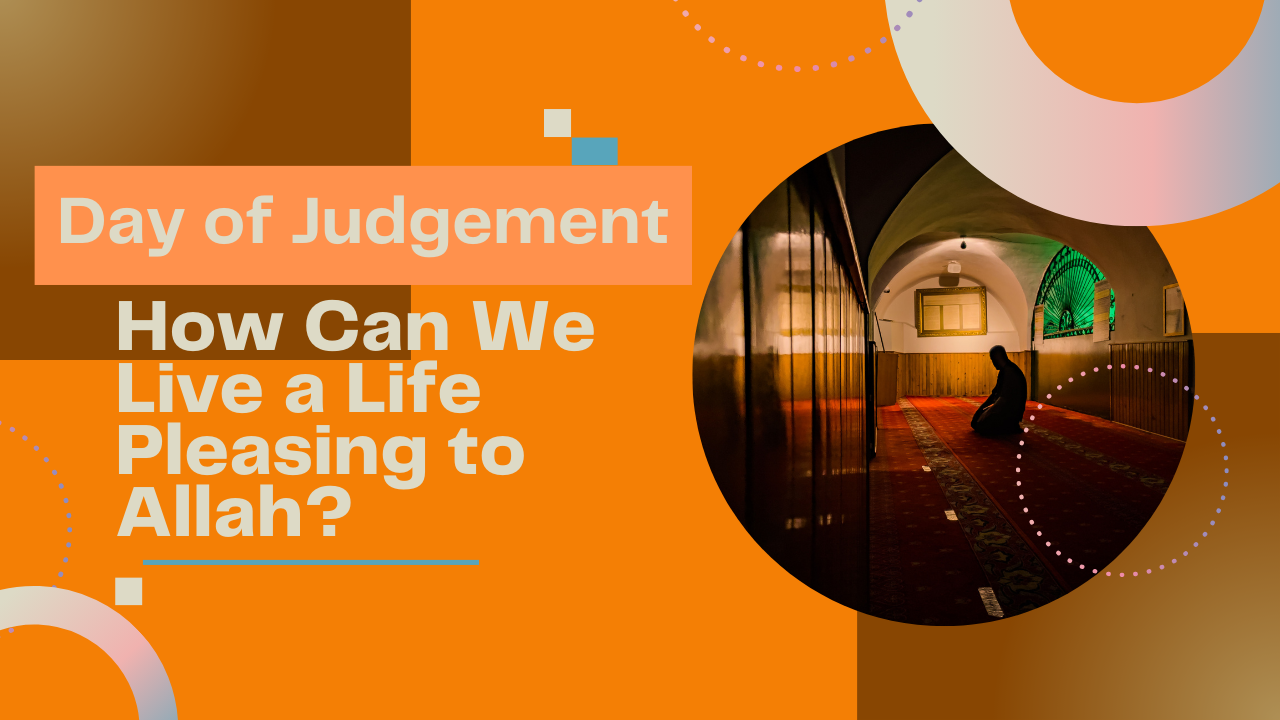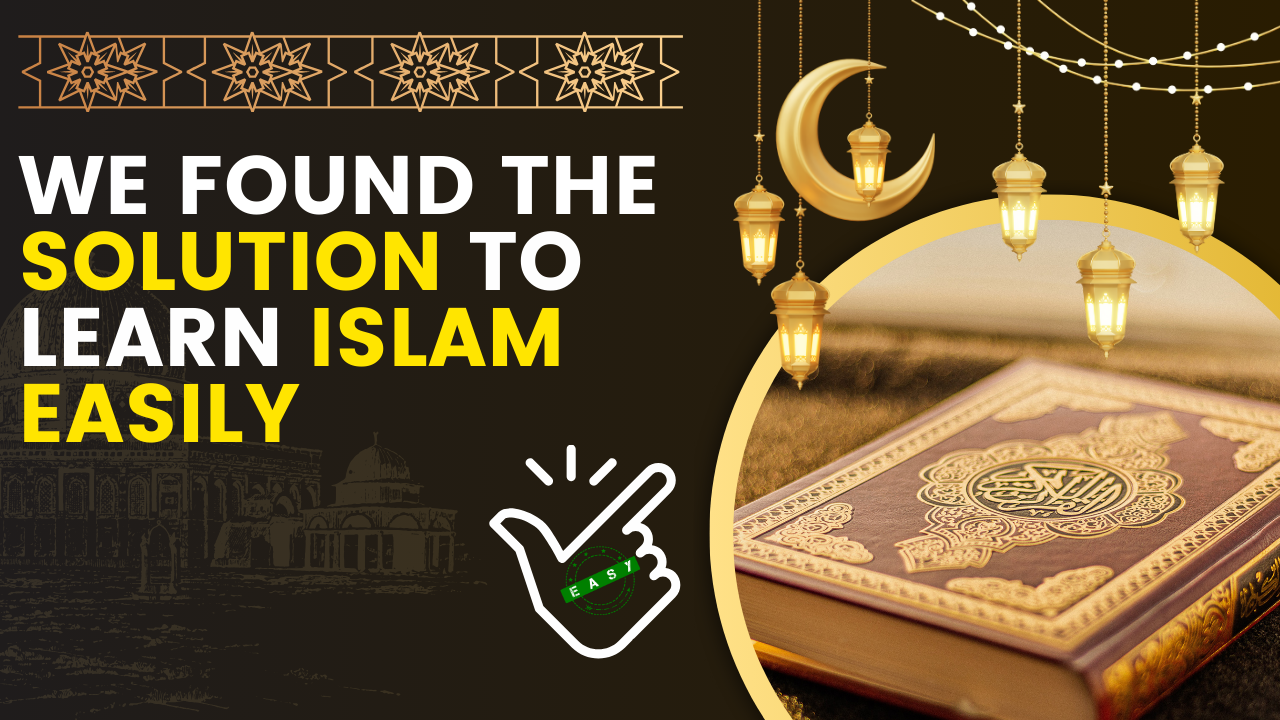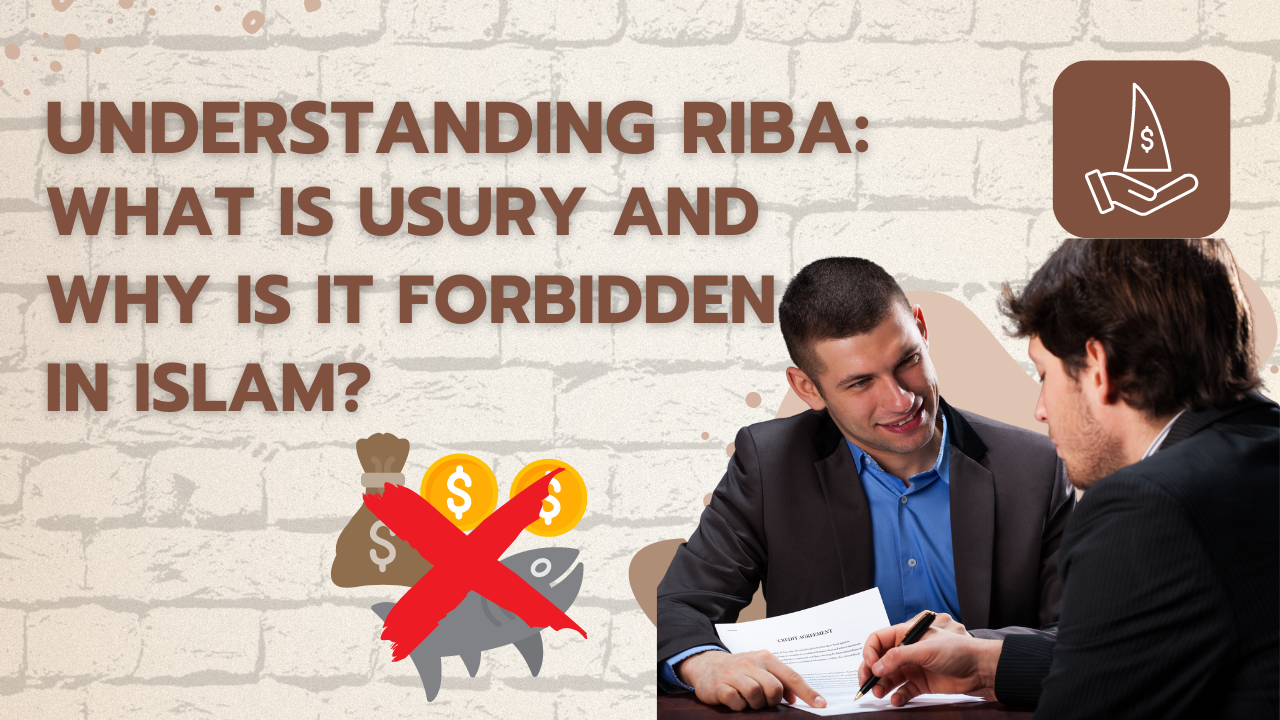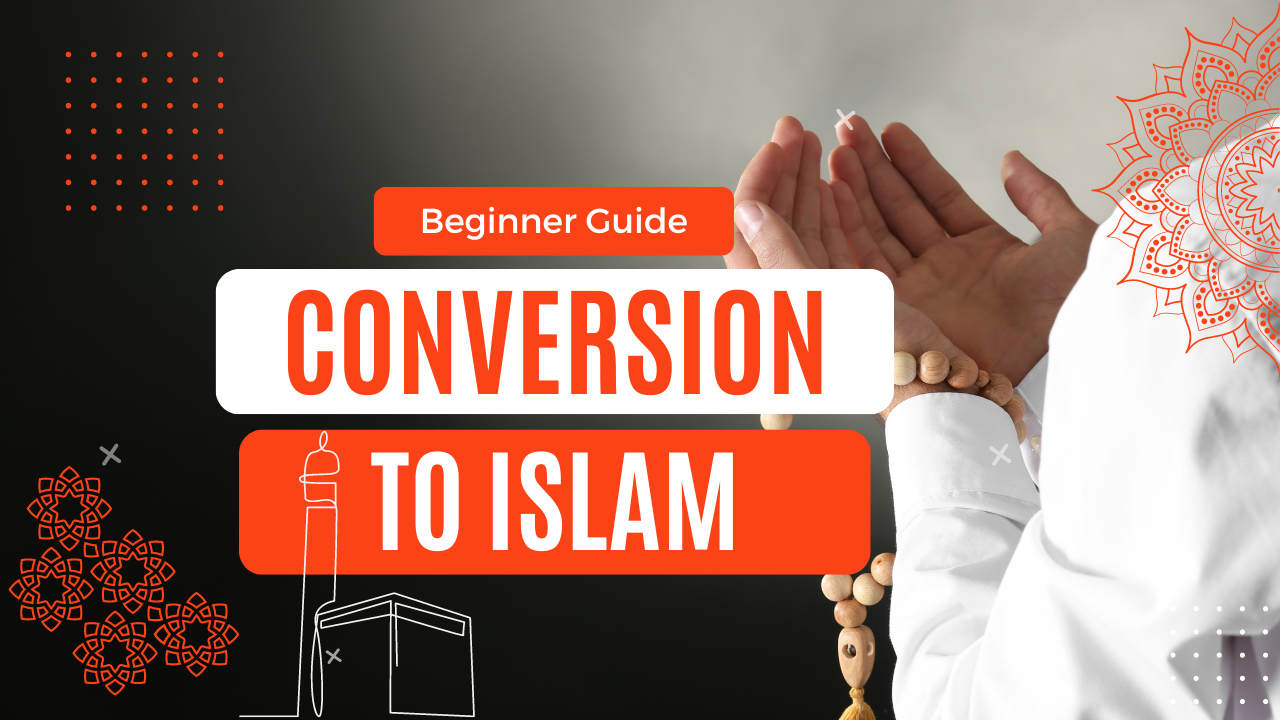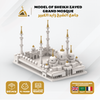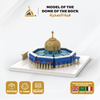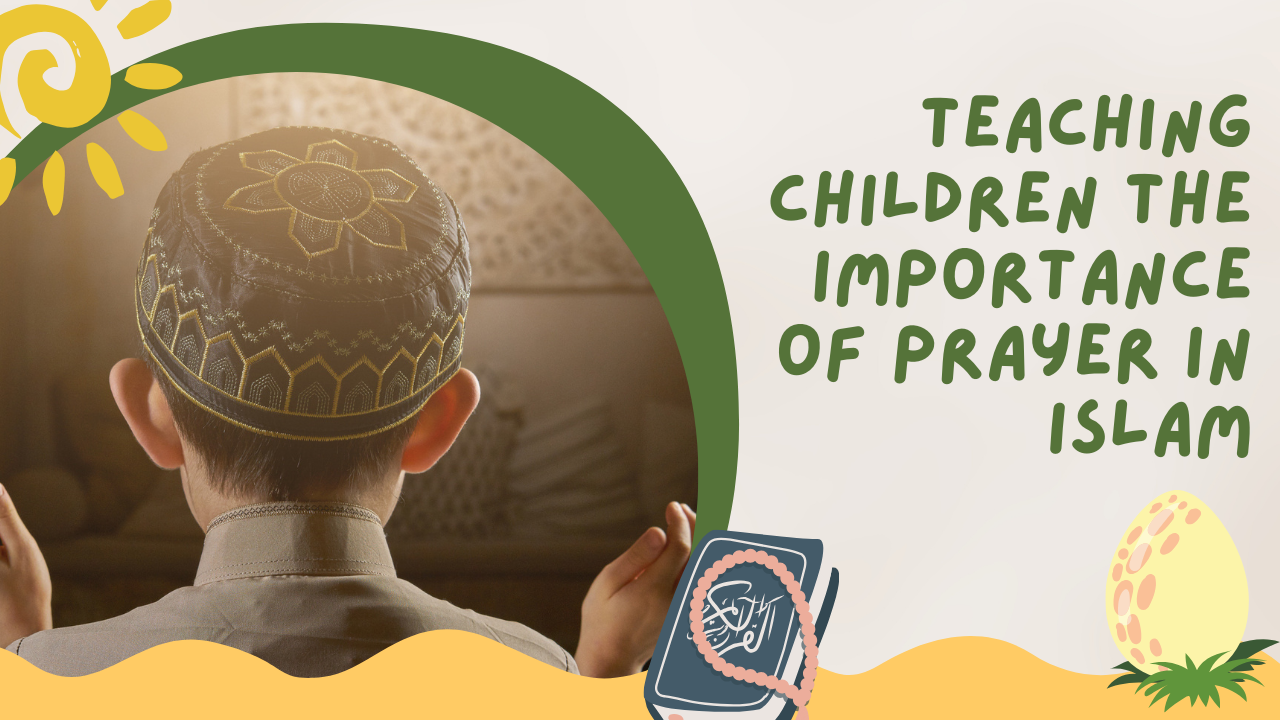What Materials are in LEGO® elements ? LEGO® components are made from many different types of plastic materials. They have different characteristics depending on how people intend them to be used, but they all share the same high standards of quality and safety. Below are their main components.
ABS (Acrylonitrile Butadiene Styrene)
ABS (Acrylonitrile Butadiene Styrene) is the type of material people use to make the classic LEGO brick as well as LEGO DUPLO® bricks. ABS is a hard plastic, it’s very scratch-resistant and is optimal for achieving the perfect clutch power! It’s a great material for a brick that needs to endure decades of play and be passed down from generation to generation.
HIPS (High Impact Polystyrene)
HIPS (High Impact Polystyrene) is what we use to make the LEGO baseplates. It’s a very strong and tough material which, literally, makes it a perfect base for a LEGO creation.
PA (Polyamide)
PA (Polyamide) is a type of material that can withstand high loads and impacts. This means it’s suitable for elements that need to be tough and able to interact with each other, for example gearwheels and different connectors.
MABS (Methyl methacrylate-Acrylonitrile-Butadiene-Styrene)
MABS (Methyl methacrylate-Acrylonitrile-Butadiene-Styrene) is similar to ABS but used specifically to make elements that need to be transparent, such as windscreens, lightsaber blades and transparent plates.
MTPO (Metallocene Thermoplastic Polyolefins)
MTPO (Metallocene Thermoplastic Polyolefins) is a soft material that can be easily bent and twisted without breaking. We use MTPO for elements such as flexible rods and baskets.
PC (Polycarbonate)
PC (Polycarbonate) is a strong and impact-resistant material used to make elements such as hinges and ball and cup connectors.
PE (Polyethylene)
PE (Polyethylene) is a soft, durable and flexible material that we make from sustainably sourced sugarcane, a renewable material that grows at the same rate or faster than we use it.
PE comes in two different variants; HDPE, which is a tough and flexible material used for elements such as flags and limb elements, and LDPE, which is less stiff and often used for small flexible elements such as stalks and lush sea grass! We are proud to say that our PE elements are made from 98% plant-based materials.
POM (Polyoxymethylene)
POM (Polyoxymethylene) is a hard and stiff material that is also flexible and strong. These properties make it a very good material for making axles and connector pegs that need to fit smoothly and interact with other materials.
PP (Polypropylene)
PP (Polypropylene) is a tough material that is commonly used for LEGO elements that have few functionalities but often add that extra spark to a build! For example a ninja sword, handcuffs and a LEGO storage box
TPU (Thermoplastic Polyurethane)
TPU (Thermoplastic Polyurethane) is a strong yet soft and elastic material. Those features make TPU perfect for making LEGO elements that can be bent and twisted without separating, such as the LEGO DOTS bracelets, straps for LEGO VIDIYO™ BeatBoxes and the tails and ears of the cute DUPLO dog.
SEBS (Styrene-Ethylene Ethylene-Butylene-Styrene)
SEBS (Styrene-Ethylene Ethylene-Butylene-Styrene) is a soft and elastic material that we use to make LEGO tires and elements where a certain ‘give’ is needed.
TP (Thermoplastic Polyester)
TP (Thermoplastic Polyester) is a tough material that can also offer high transparency. It is used to make elements as diverse as roof tiles, the LEGO brick separator and dragon fire



